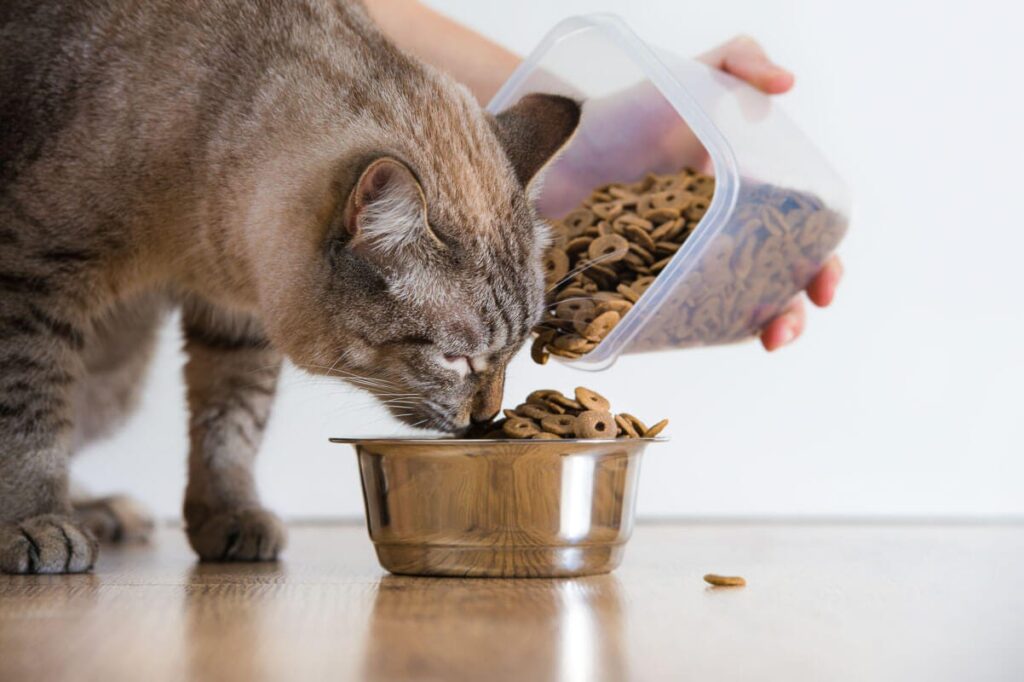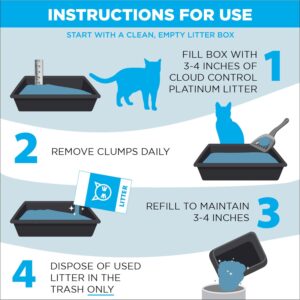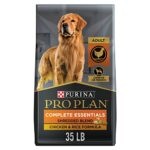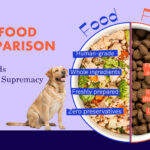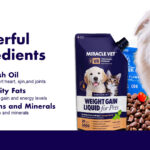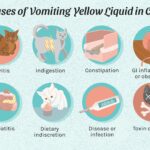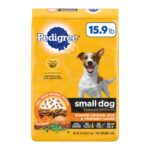The best dry cat food for constipation typically features high fiber content. Royal Canin Feline Gastrointestinal Fiber Response is a top-recommended choice due to its balanced fibers.
Selecting the right dry cat food to ease constipation is crucial for pet owners who want to improve their feline friends’ digestive health. A cat struggling with constipation requires a diet that enhances intestinal transit and maintains hydration. The ideal dry cat food for this condition should contain a blend of soluble and insoluble fibers, probiotics for gut health, and easily digestible proteins to minimize strain on the digestive system.
Products like Royal Canin Feline Gastrointestinal Fiber Response have been specifically formulated to address these needs with a veterinary-recommended recipe. Additionally, ensuring access to fresh water and encouraging physical activity can further help alleviate and prevent constipation in cats.
Understanding Cat Constipation
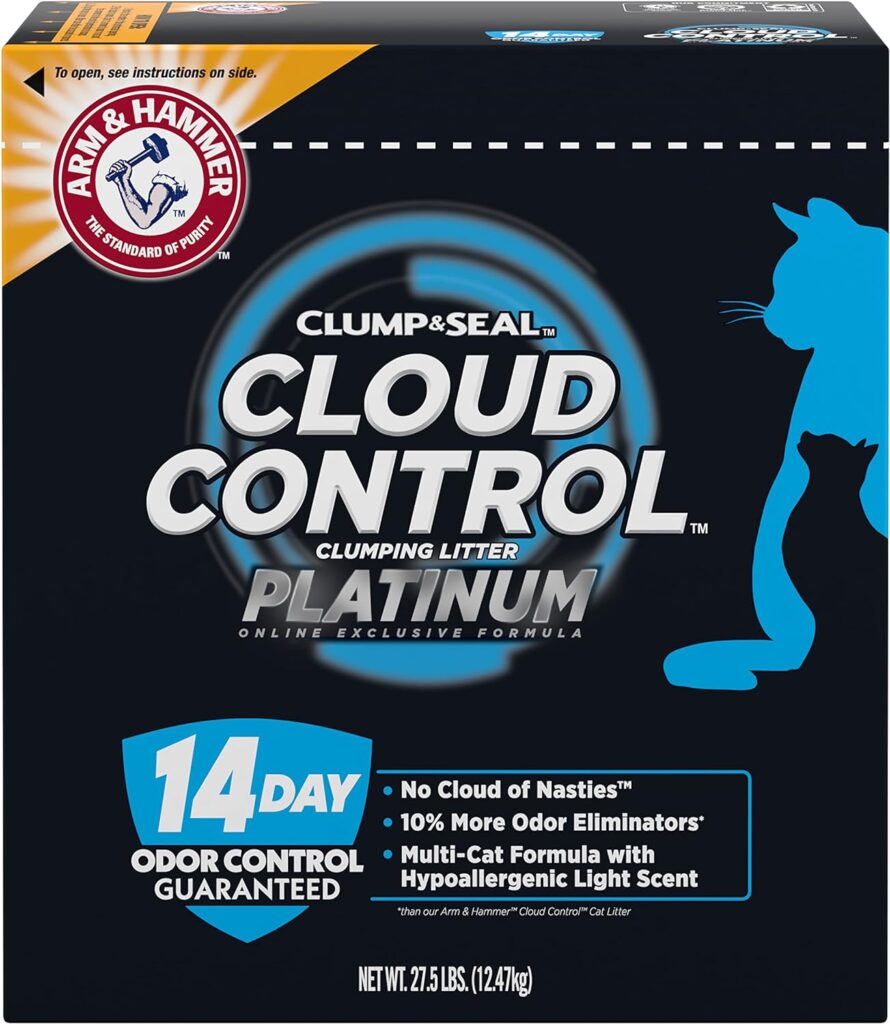
For cat owners, maintaining the health of their feline friends is a top priority. Constipation in cats can be a common and uncomfortable issue that, if not managed properly, can lead to various health problems. Understanding the key signs and symptoms, as well as the underlying causes, is essential for identifying and remedying this digestive plight.
Common Signs And Symptoms
Cat constipation manifests through various indicators. Owners should watch out for these key signs:
- Infrequent or no bowel movements: less than usual or complete absence over several days.
- Hard, dry stools are often an indication of dehydration or insufficient fiber intake.
- Straining or discomfort: visible struggling during defecation, sometimes accompanied by vocalization.
- Lethargy: decreased energy levels or general inactivity.
- Reduced appetite is often a consequence of digestive discomfort.
- Bloated abdomen: Swelling around the belly can be a sign of built-up fecal matter.
- Vomiting: In more severe cases, cats may vomit after prolonged straining.
Causes Of Cat Constipation
Several factors can contribute to your cat’s constipation, and pinpointing the cause is crucial for successful treatment. Prime causes include:
| Cause | Description |
|---|---|
| Dehydration | Lack of water intake can harden stools, making them difficult to pass. |
| Inadequate Diet | Low-fiber diets may lack the necessary bulk to allow stools to pass smoothly. |
| Obesity | Overweight cats are more prone to constipation due to reduced physical activity. |
| Hairballs | Fur ingested during grooming can accumulate in the digestive tract and cause obstructions. |
| Medical Conditions | Underlying health issues such as kidney disease, hypothyroidism, or megacolon can lead to chronic constipation. |
| Mobility Issues | Arthritis or injuries that impede movement can make it difficult for cats to position themselves appropriately for defecation. |
| Medication Side Effects | Certain drugs can reduce bowel motility, leading to constipation. |
Importance Of Choosing The Right Cat Food
For cat owners, the health and happiness of their furry companions is paramount. When a cat suffers from constipation, it can be a distressing experience for both the pet and the caretaker. A proper diet plays a critical role in preventing and managing this uncomfortable condition. Selecting the best dry cat food for constipation is not only about alleviating current issues but also about ensuring overall digestive health and well-being. By understanding feline nutritional needs and the impact of diet on their digestive system, cat owners can make informed choices that contribute to their cats’ longevity and quality of life.
Nutritional Needs For Cats
Cats are obligate carnivores, which means their diet requires nutrients found only in animal products. The optimal dry cat food formula for constipation should focus on high-quality protein, adequate fats, and a careful balance of fibers. This helps in creating a proper gastrointestinal environment to promote regular bowel movements and reduce the risk of constipation.
- High-Protein Content: Essential for muscle maintenance and overall health.
- Fats: Provide energy and help absorb fat-soluble vitamins.
- Fiber: Aaidsin digestion and fecal consistency for easier bowel movements.
- Moisture: Although dry food is less in moisture than wet food, fresh water should always be available.
- Taurine: An amino acid critical for heart health, vision, and reproduction.
Impact Of Diet On Digestive Health
The diet you provide your cat has a profound effect on its digestive health. A diet lacking the necessary fibers can lead to slower intestinal transit, resulting in constipation. On the other hand, an excess of certain fibers can be just as problematic. It’s important to find a balance that facilitates regular digestion and excretion.
Digestive enzymes and probiotics are often included in high-quality cat foods designed for digestive health to support robust gut flora. A diverse microbiome aids in efficient digestion and helps prevent constipation. Always look for foods with natural ingredients and avoid those with unnecessary fillers and additives, as they can exacerbate digestive issues.
Characteristics Of The Best Dry Cat Food For Constipation
Feline companions often suffer from digestive issues, with constipation being a common ailment that plagues many indoor cats. As a pet owner, selecting the right food can play a crucial role in alleviating this uncomfortable condition. Here, we unveil the characteristics of the best dry cat food, emphasizing the importance of appropriate nutrition to ensure your purring friend’s digestive health.
Fiber Content
Fiber is a key component of a constipation-relief diet for cats. Just as in humans, fiber aids in the movement of the digestive tract and can help to form well-structured stools that are easier for your cat to pass. When scouting for the ideal dry cat food, look for options that include both soluble and insoluble fiber sources, such as beet pulp, chicory root, or pumpkin.
Hydration Support
Although dry food is convenient, cats with constipation issues might need an extra boost in hydration. Foods that are designed to encourage water absorption or have a higher moisture content are beneficial. For this reason, some dry foods include omega-3 fatty acids or fish oils, which not only assist in hydration but also provide additional health benefits for your cat’s coat and skin.
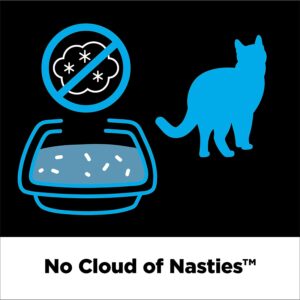
Digestive Aids
Digestive enzymes, prebiotics, and probiotics can also be critical in managing feline constipation. These digestive aids support balanced gut flora, assisting in the breakdown of food and the absorption of nutrients. Foods fortified with fructooligosaccharides (FOS) or mannanoligosaccharides (MOS) serve as prebiotics, while specific strains of beneficial bacteria act as probiotics. By maintaining a healthy digestive system, these aids can alleviate and prevent constipation.
| Characteristic | Description | Benefits |
|---|---|---|
| Fiber Content | Presence of both soluble and insoluble fiber. | Promotes bowel movement and forms better stools. |
| Hydration Support | Ingredients that increase moisture intake. | Prevents dry stool, and supports overall hydration. |
| Digestive Aids | Enrichment with enzymes, prebiotics, and probiotics. | Optimizes gut health and prevents digestive issues. |
“` Selecting the right cat food for a pet with constipation extends beyond the basics of taste and nutrition; it delves into the physiological necessities of a cat’s digestive tract. By focusing on fiber content and hydration-supportive aids, cat owners can greatly alleviate the discomfort associated with constipation while ensuring their feline enjoys its meals. It is always advisable to consult with a veterinarian before making dietary changes, especially when health issues are present.
Top 5 Dry Cat Foods For Constipation
Constipation in cats can be a discomforting and concerning issue for pet owners. Aiding your feline’s digestive health starts with the right diet. It is crucial to select a cat food that offers a balance of digestible fibers, moisture content, and beneficial probiotics to support regular bowel movement. The following are the Top 5 Dry Cat Foods for Constipation, each formulated to alleviate this common issue and promote overall digestive wellness.
Brand A: Product Name And Benefits
The Brand A product stands out for its high-quality ingredients that cater to cats with sensitive stomachs. The benefits include:
- Rich in soluble fibers to enhance stool consistency
- Prebiotics and probiotics to maintain a healthy gut flora
- Optimized moisture content to promote hydration
Brand B: Product Name And Benefits
Brand B Product is renowned for its specialized formula that targets feline constipation.
- Formulated with a unique blend of digestive fibers
- Includes omega-3 fatty acids for a healthy coat and skin
- Limited ingredients to reduce the risk of food sensitivities
Brand C: Product Name And Benefits
As a premium choice, Brand C Product offers:
- A combination of prebiotics and beet pulp for digestive support
- High-quality protein for muscle maintenance
- Free from artificial colors and preservatives for a natural approach
Tables or additional lists may be used here if more information is needed to be presented in an organized way. Additional SEO-friendly and engaging content about other products, their benefits, usage tips, etc., will continue here.
Transitioning To A New Diet
When your cat faces constipation issues, dietary changes can make a significant difference. Choosing the best dry cat food for constipation is crucial, but equally important is the method of introducing this new diet to your cat’s routine. A gentle and gradual transition ensures better acceptance and minimizes digestive upsets. Let’s walk through the proper steps to transition your furry friend to a diet that supports better digestive health.

Gradual Introduction Process
Introducing new cat food should be a methodical process. Start by mixing a small amount of the new, fiber-rich dry cat food with the current one. Throughout 7 to 10 days, gradually increase the amount of new food while decreasing the amount of old food. Here’s a simple breakdown:
- Day 1-3: 75% old food, 25% new food
- Day 4-6: 50% old food, 50% new food
- Day 7-9: 25% old food, 75% new food
- Day 10: 100% new food
This transition phase is critical to prevent stomach upset and to allow your cat’s digestive system to adjust to the new fiber content properly.
Monitoring And Adjustments
As you introduce the new diet, closely monitor your cat’s response. Observe for signs of improved stool consistency, regular bowel movements, and overall behavior. If your cat shows signs of intolerance, such as vomiting, diarrhea, or decreased appetite, it may be necessary to slow down the transition or consult with a veterinarian. Adjustments to the transition schedule may include the following:
- Extending the duration at each mixture ratio
- Reducing the new food portion if signs of digestive distress occur
- Consider alternative dry cat foods if the selected brand doesn’t suit your cat
Remember, each cat is unique, and finding the right balance may take time. With patience and careful observation, your cat can enjoy a diet that not only relieves constipation but also promotes overall health and well-being.
Frequently Asked Questions About the Best Dry Cat Food For Constipation
What Is the Best Food to Give a Cat with Constipation?
What Cat Food Will Make My Cat Poop Less?
What Do Vets Recommend for Constipation in Cats?
What Can I Feed My Cat to Firm Up Poop?
What causes constipation in cats?
How Does Diet Affect Feline Constipation?
What ingredients help relieve constipation?
Conclusion
Selecting the right dry cat food can significantly ease your feline’s constipation issues. Prioritize high-fiber content and moisture-rich options. Consult a vet to ensure the best choice for your cat’s specific needs. Remember, a proper diet can lead to a happier, healthier pet. Keep your cat’s digestive system moving smoothly with nutritious food tailored for their comfort and well-being.

